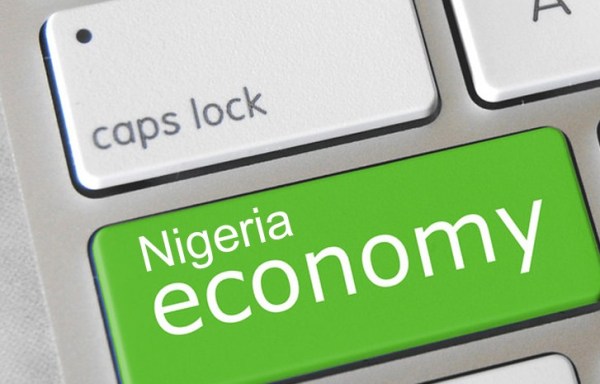Look around you . . . see anything? Look again. . . still find nothing?
Sorry, check your pockets . . . uhh, your bank accounts . . . the naira left you too, and the ones in your pockets are worth less than what they seem.
Economic landscapes undergo fluctuations, and you must be equipped with effective personal finance strategies to navigate the challenges of a dwindling Naira. Whether facing inflation, currency devaluation, or economic uncertainties, I have identified key strategies to fortify your finances and safeguard your financial well-being.
This article is inspired by recent economic experiences in Nigeria, where the naira seems to be on a free fall, against the United States dollar. So before we dive into the ‘hows’, let’s establish the ‘whys’ of economic uncertainty and personal finance.
Nigeria is a peculiar and interesting country. The air here feels different, and so does every other thing in this terrain. Oil Price Volatility, External Debt and Borrowing, Foreign Exchange Rate Fluctuations, Security Challenges, Policy Uncertainty, Infrastructure Deficiency, Corruption and Governance Issues, Unemployment and Social Unrest, Dependency on Imports, Inflationary Pressures, and maybe Demographic Challenges are some of the few conditions that exacerbate the economic crisis in Nigeria.
Enough said about the ‘whys’, but take another look at that list, some of these conditions can be avoided, but we are Nigerians and we have to survive.
So, how do you live above these challenges? Walk with me.
- Create a Resilient Budget:
In times of economic uncertainty, a well-crafted budget becomes your financial compass. Evaluate your income and expenditures, cutting unnecessary expenses, and prioritizing essential needs. A lean budget ensures that your financial resources are allocated efficiently, providing a buffer against the impact of a dwindling dollar.
- Emergency Fund Prioritization:
The importance of an emergency fund is magnified in a dwindling Naira economy. Aim to set aside three to six months’ worth of living expenses in a dedicated emergency fund, preferably in a dollar or any other strong foreign currency. This financial cushion serves as a safety net, offering peace of mind and financial security during unexpected events or economic downturns.
- Diversify Income Streams:
This can never be overemphasized. Relying solely on a single income source can expose you to heightened financial risk. Explore opportunities to diversify your income, whether through part-time work, freelance gigs, or passive income streams. Diversification enhances your financial resilience and mitigates the impact of economic fluctuations.
- Debt Management and Reduction:
High-interest debt can be a significant financial burden, especially during economic downturns. Prioritise debt repayment, focusing on high-interest obligations. Consider debt consolidation or refinancing options to alleviate financial strain and free up resources for savings and investments.
- Invest Wisely:
In a dwindling Naira economy, strategic investment decisions are crucial. Diversify your investment portfolio across various asset classes, including stocks, bonds, and precious metals. Explore all opportunities to invest in sectors that traditionally perform well during economic uncertainties.
- Explore Inflation-Resistant Assets:
As the purchasing power of the dollar weakens, consider allocating a portion of your investments to assets that historically resist the impact of inflation. Real assets like real estate or commodities such as gold can act as a hedge against the depreciating value of currency.
- Continuous Financial Education:
Stay informed about economic trends, fiscal policies, and global financial developments. Continuous financial education empowers you to make informed decisions, adapt to changing economic conditions, and position yourself strategically for long-term financial success.
- Negotiate Living Expenses:
In a dwindling Naira economy, proactive negotiation of living expenses can yield significant savings. Engage with service providers to explore cost-saving measures, loyalty discounts, or alternative plans that align with your budget constraints.
- Savings in Precious Metals:
Traditional stores of value, such as precious metals (gold and silver), often gain prominence during economic uncertainties. Consider diversifying a portion of your savings into precious metals to preserve wealth and mitigate the impact of currency depreciation.
- Adopt a Conservative Approach:
Exercise prudence in financial decisions and adopt a conservative approach to risk. Avoid overleveraging, and prioritise capital preservation. A conservative financial stance enhances your ability to weather economic downturns and emerge financially resilient.
In conclusion, a proactive and diverse strategy is needed for effective personal money management in a bearish-naira bullish-dollar world. Notwithstanding the difficulties brought on by economic uncertainty, you can strengthen your financial base, reduce risks, and put yourself in a position for long-term financial success by putting these measures into practice.
Written by Okodi Okodi
www.twitter.com/Okodi_KOD











